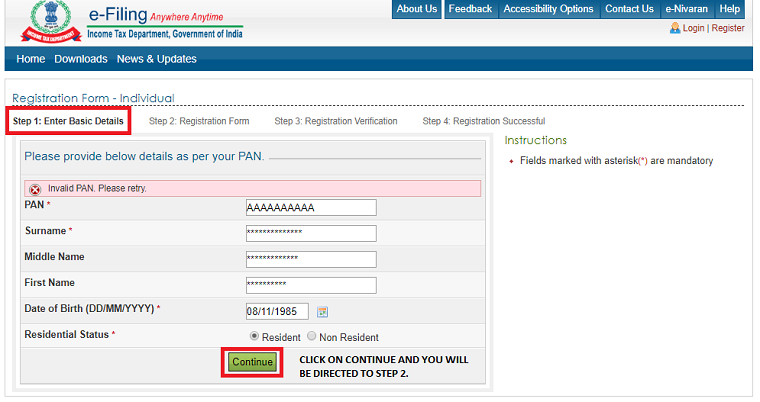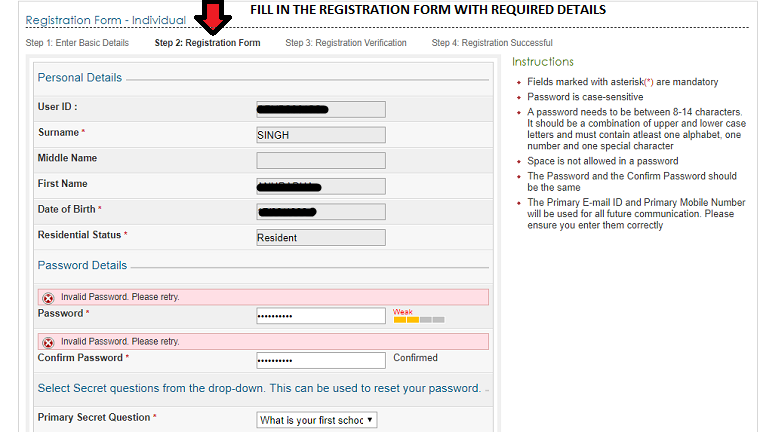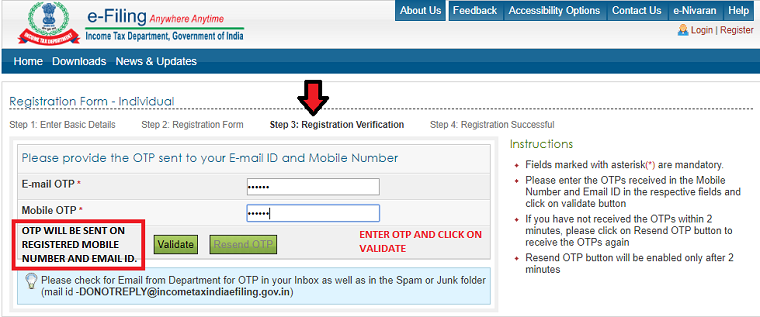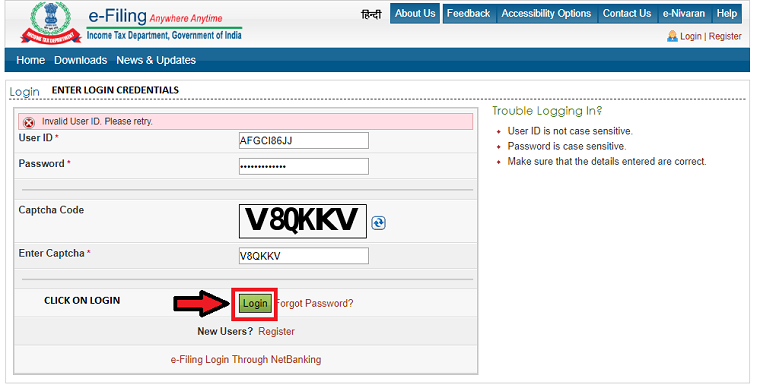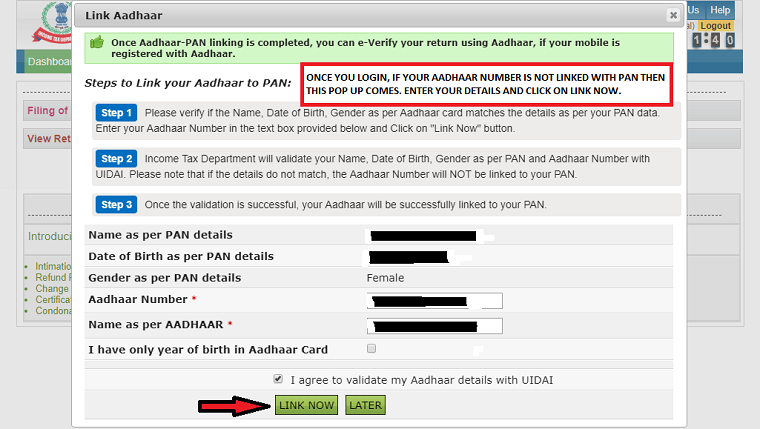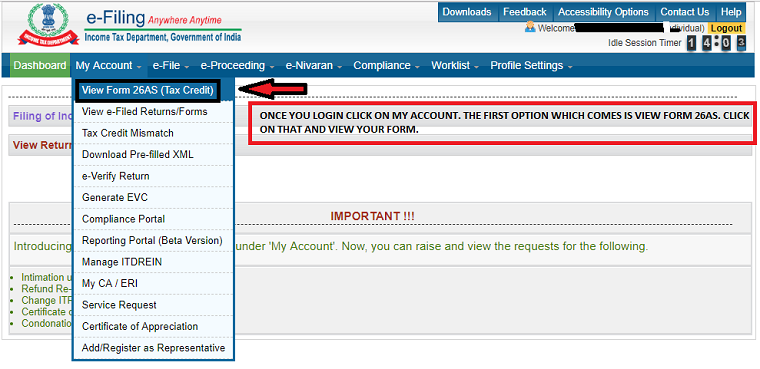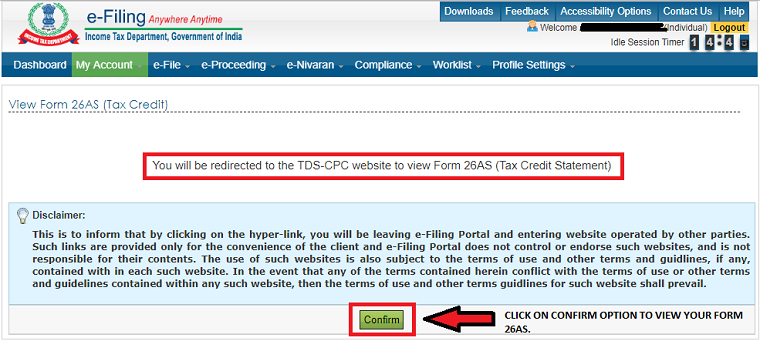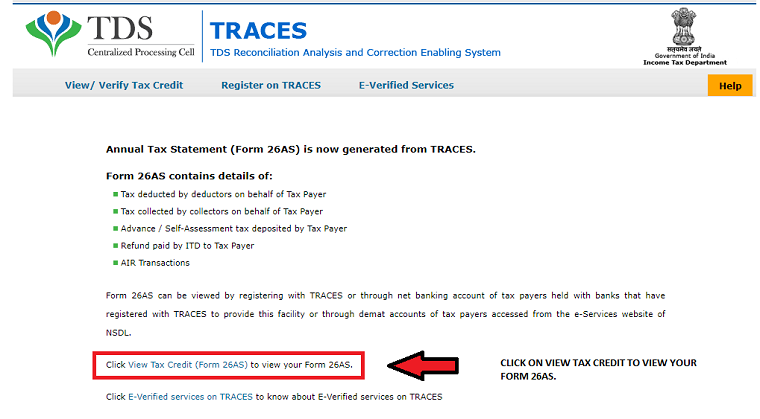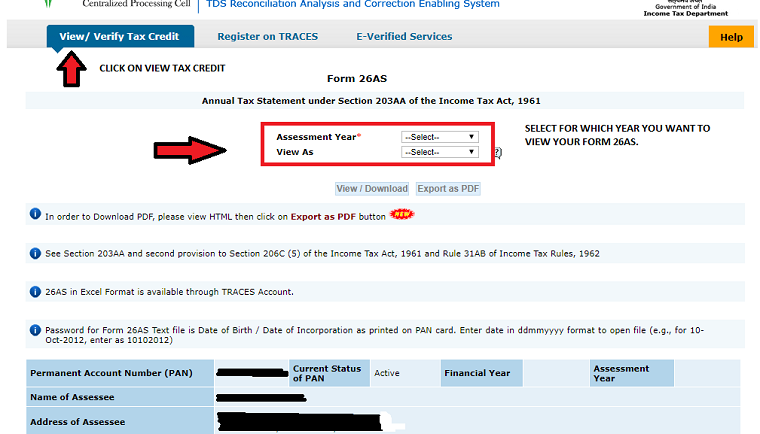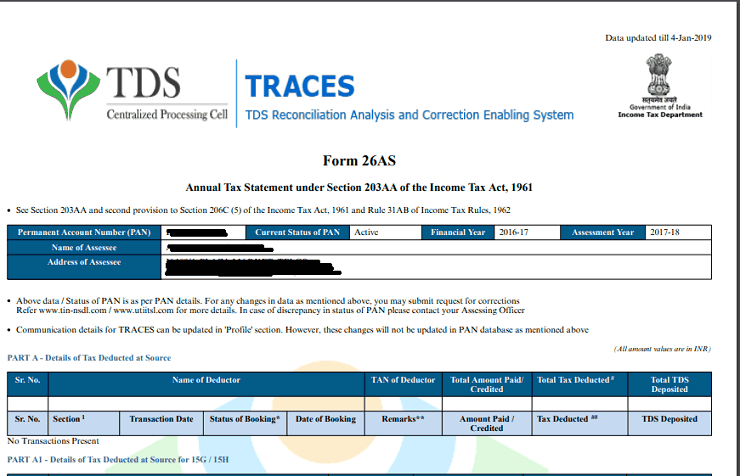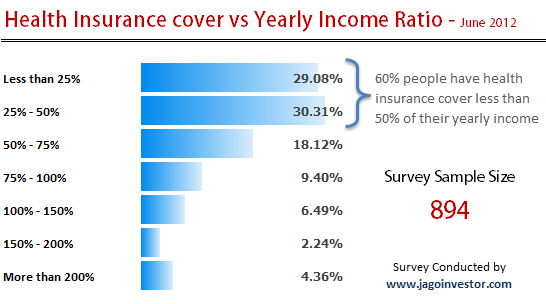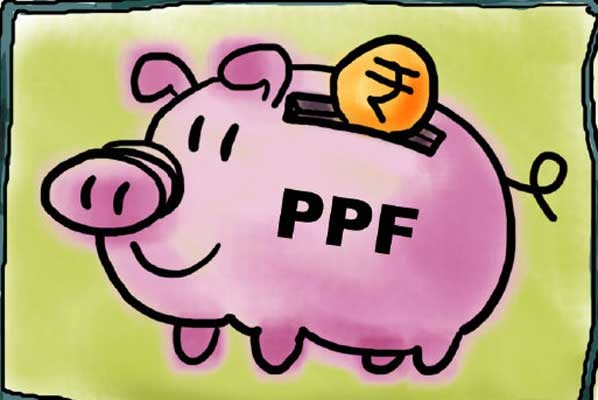Gold recently crossed its Rs.31,000 per 10 gm mark. This is a historic moment and I am sure a lot of people want to get into gold investment for their own set of reasons. But how to invest in gold?
There are so many ways of gold investment these days; most of the people are stuck with so many choices. More than the price, the bigger deterrent the confusion of “best option of gold investment”.
In this article, we will see how to invest in gold in different ways and what are the pros and cons of all the options. The main focus of this article is to make the options more clear to you and help you make decisions.

6 ways to invest in gold
Earlier investing in gold was related to buying ornament, but now, the advanced technologies and developments in the field of finance and investment have extended these limits, because of which we have a lot of options for gold investment.
Let’s see some of the ways of gold investment.
1. Physical gold
The oldest and most widely used way of gold investment is in the form of physical gold. I would say this is a form with which most the people are comfortable with. For centuries, physical gold is the only way of gold investment.
Now coming to the point, there are two ways to invest in physical gold.
a) Jewelry –
This is the most famous way of investing in physical gold. This is mostly done for consumption rather than “investment”. Obviously jewelry is also an investment product in itself, but most people buy it for consumption purposes.
The best part of Jewelry is that it’s very easy to invest in it, all you need to do is cash or cheque and that’s all, you can buy it. Also, the whole family is more comfortable with this option. However, the sad part is that you do not just pay the market price of gold, but also making charges for jewelry.
As it’s in physical form, there are chances of theft also. One more problem with jewelry is that there are chances of fraud at times; you can be sold an inferior quality of gold in the name of “high quality” gold. So it’s very important from where you buy it.
When should you buy it?
It’s advisable that if there is some marriage going to be there in your house in the near future, you can invest in physical gold. Also, note that you are very clear that it will not be required for an emergency in the short term.
It might also be a possibility that you are more attached to physical things and do not believe in online options, that’s another reason you can go for it.
b) Gold Bar/Coin
The Gold Bar and Coins are another good way to invest in the physical form of gold. Gold bar/coins are sold by all the banks and jewelers. It’s a good way to invest in gold if you want to do it for pure investment purpose or for some distant future marriage like your sister or daughter marriage.
The good point about bars/coins is that depending on the requirement you can either buy more (bars) or less (coins) and easily available at Banks and jewelry shops, but banks only sell it, do not buy it back. Also generally there is no consumption done on a regular basis so a person can keep it in a locker or some safe place for a long time.
The bad part of gold bar/coins is that it’s always available at a premium price of 5-10% and at the time of selling them, you again will get a discounted price of 5-10 %, so overall your returns will go down.
When should you buy it?
You can buy a gold bar/coin if you are too attached to physical gold and cannot go for an online option. You can buy it for investment purposes also, but note that returns would be compromised because of the discounted price you get at the time of selling and at the time of buying.
In case you have some marriage at home in the coming future (not very near), then also you can buy it.
2. Gold ETF
Gold ETF’s are just like stocks; you can invest in these if you have a Demat account. An ETF an online version of physical gold. The best of gold ETF is that it’s convenient to invest in Gold ETF if you already have a Demat account and can start with a small amount (1 gm value) and as and when you want you can invest from time to time.
However, the sad part is that you have to pay the brokerage and you do not get a feel of gold in your hands which you get with physical gold. The gold ETF can also be illiquid at times if you have not chosen the right one.
Also, there are high chances that you will sell your gold ETF in the time of small emergencies which you will not do with physical gold. Gold Bees from Benchmark and Kotak Gold ETF are one of the biggest gold ETFs in India right now and they are highly liquid.
We recommend Gold ETF’s to our Financial Planning clients as their expectation is liquidity + some exposure to gold for investment point.
When should you buy it?
You should buy gold ETF if you already have a Demat account and would like to invest from a pure investment perspective, you can consider them as liquid as you can sell them on any day in the stock market.
Click here to read the difference between the gold ETF and gold savings fund.
3. Gold Fund of Funds
Gold Mutual funds are those mutual funds that invest in another parent mutual fund which finally invests in stocks of gold mining companies and companies which are related to gold-related activities. They also buy physical gold, but in very small quantities.
This is not a suitable investment for those who want to track gold prices, because these funds do not invest most of their money in gold, but gold-related companies. So it’s mainly an equity fund which invests in companies.
For example AIG World Gold Fund, which does nothing but invests in its parent mutual fund AIG PB Equity Fund Gold, which finally invests in different companies.
The good part of these funds is that if you are optimistic about the future of those companies involved in gold, these are good funds, but the sad part is that you will pay expense ratio two times because it is a fund of funds. A lot of people invest in these funds by mistake thinking that they invest in real gold.
When should you buy it?
By now you will be very clear that these are actually like a sectoral fund that invests in only those companies which have their work in gold-related things like mining gold etc. So it’s extremely risky or rewarding.
So if your criteria are to invest in gold companies and not gold, these are the funds to invest in
4. Gold Saving Funds
These are the mutual funds that invest in real gold. They take in money from people and buy gold and you can buy the units of these mutual funds. The best part of these funds is that you can systematically invest in gold per month through the SIP route.
The best part of this is that you don’t need to have a Demat account to invest in gold saving funds. You also can invest regularly in gold through SIP through these funds. But the sad part is that you pay administrative charges and expense ratio just like any other mutual funds.
When should you buy it?
This is really a great way to invest in Gold if you do not have a Demat account and would like to regularly invest on a monthly basis. This is a highly liquid option also because you can anytime sell the gold fund units like any other mutual funds unit.
5. E-Gold
E-Gold was launched some time back in India from the exchange called NSEL, which also has other commodities like Silver and Platinum in e-format. It’s very much like Gold ETF, where you can invest in Gold in an online format.
For investing in E-Gold you still need a Demat account, but with one of the companies authorized by NSEL (list here). The best part of this option is that you can also take physical delivery of gold with some terms and conditions.
But the sad part is that not all big broking houses Demat account can be used to buy this, you need to open another Demat account for this and this option is not too popular with retail investors.
When should you buy it?
You can buy this if you need physical delivery of gold at some future point of view, but you also want to benefit from the online advantages like the market price and no storage cost at your side.
Read more about this in detail here
6. Gold Futures
One more option to invest in Gold is through Gold Futures, but I would like to call it more of trading activity and not “investment” because of its short term in nature. You can use Gold Future to protect the pricing.
If the price of gold today is Rs.30,000 and a 3-month gold future price is 30,500, then you can lock the price at this moment to 30,500, so that when you want to buy the gold after 3 months, you get it at 30,500 only. This would require a little bit of knowledge on how future’s work.
When should you buy it?
This option is a bit more technical and one should only use it if you have a decent amount of knowledge. Do this if you want to lock the price of gold which you want to buy in the future if you fear that prices can go very high.
Which option are you going to choose and why? Are you now clear on how to invest in gold as per your condition? Leave your answer in the comment section.
Why Should you invest in gold?
Gold investment is one of the traditional ways of investment, that we are observing since childhood. It is one of the most trusted investment tools. Let,s see some of the benefits of gold investment, because of which a lot of investors prefer to invest their money in gold.
4 reasons to invest in GOLD
There are many reasons why we shall look beyond conventional Fixed Deposits, PPF and high growth Shares and Mutual Funds. Gold is always seen as a thing to own and only for consuming as ornaments, for jewellery but seldom as an investment purpose, in fact silver also for that matter.
But now there are many reasons to invest in GOLD, just like people invest in Shares, Mutual funds, PPF, NSC, and Fixed Deposits.
Reason 1: Stock Markets are becoming risky and uncertain
Stock Markets are in Bad shape for at least short or medium-term at least. No one knows whats going to happen in 6 months or 1 year or 2 years. Long term may be good but still, a medium-term perspective is not very clear.
Not only the Stock Market but the whole of financial Markets are uncertain if you consider problems like Inflation, dip in projected GDP growth of economy, etc.
Reason 2: It acts like a hedge towards Inflation and Foreign currency
As the Indian currency is gaining against Dollar and other currencies, Rupees is set to become more strong in the coming years. Gold has an inverse relation with Dollar.
https://news.goldseek.com/SpeculativeInvestor/1171382460.php
In the future as Dollar weakens, GOLD will become more strong.
Reason 3: Its a relatively less known investment option and has high potential in future
Looking at history, and every time we see that an investment option starts becoming popular and by the time most people know about it, it already gives most of its returns and becomes a talk of past.
GOLD has started gaining attention as an investment option and becoming popular and still in its middle stage, if not early.
So it’s the time to ride the boat.
Reason 4: Future High Demand and less supply
In future gold is going to in high demand and it’s already in less supply, so according to the demand-supply logic, the prices are bound to go up in the near future. Indians account for 23% of the world’s total annual consumption and overall global demand has increased 15% year on year
Gold demands were on an all-time high in 2007 and expected to increase in the coming years due to mismatch in demand and supply.
Reason 5: More Diversification
Before some time back, diversification of portfolio was limited to Equity, Debt and Real Estate and some cash, so that your risk is spread across different class of assets. GOLD has evolved as another asset class and not it help in diversifying your portfolio.
I hope this information will help you to choose the better option of gold investment. If you still have any doubts, you can leave your query in the comment section.

